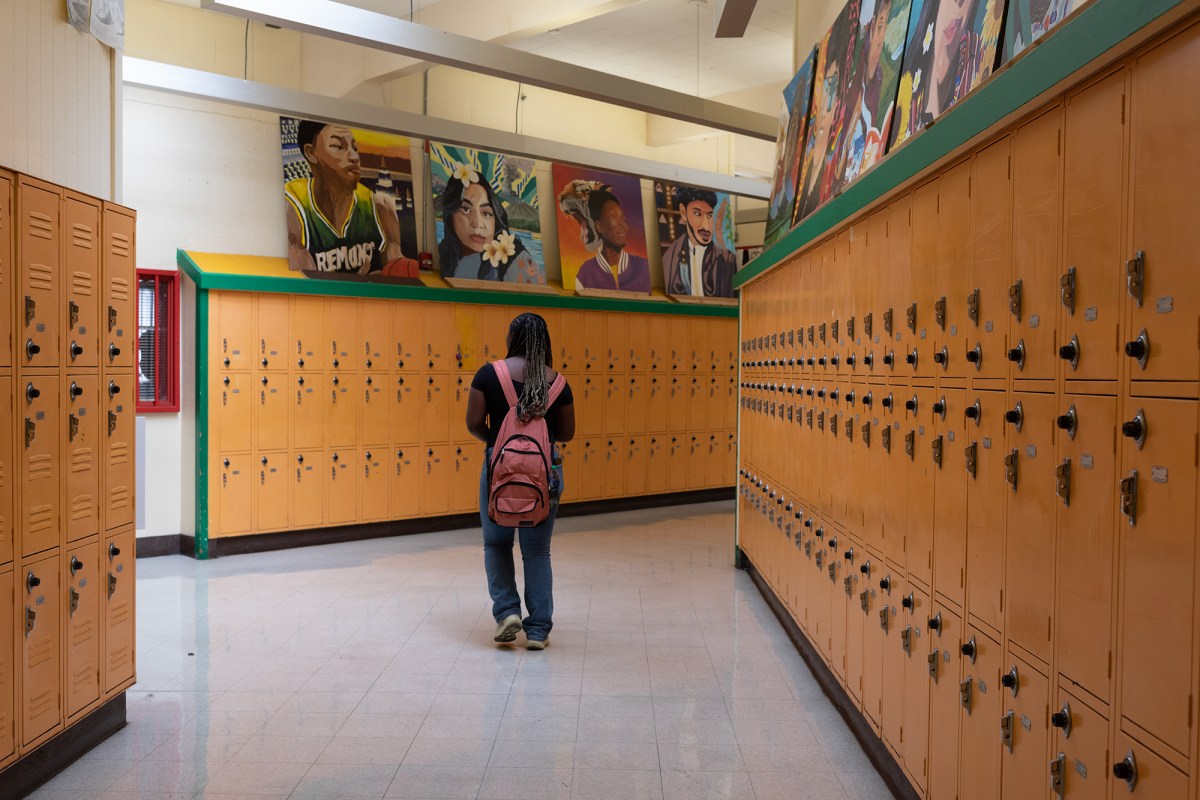Executive Summary
- Approximately one-third of college students have considered withdrawing from their programs in the past six months, a decrease from 2022 but still indicative of significant challenges.
- Emotional stress and mental health issues are the primary drivers of withdrawal consideration, surpassing even financial strain.
- Despite challenges and some loss of confidence in higher education institutions, many still believe in the value of a college degree for career prospects and socioeconomic advancement.
Event Overview
A recent Lumina Foundation-Gallup study reveals that a substantial portion of college students are contemplating leaving their programs. The study, based on surveys of nearly 14,000 adults, found that emotional stress, mental health concerns, and financial difficulties are major factors influencing this decision. While the percentage considering withdrawal has decreased since a peak in 2022, the persistent challenges underscore the need for colleges and policymakers to address non-academic barriers to student success and completion.
Media Coverage Comparison
| Source | Key Angle / Focus | Unique Details Mentioned | Tone |
|---|---|---|---|
| Gallup | Reasons for college students considering withdrawing from programs. | Highlights the decline in percentage considering withdrawal from 41% in 2022 to 32% in 2024. Emphasizes emotional stress and mental health as top reasons. | Informative and data-driven |
| Inside Higher Ed | Value of higher education among adults without a degree and barriers to enrollment. | Reports 57% of adults without a degree considered pursuing one in the past two years. Mentions flexibility of classes as a factor affecting enrollment. | Analytical and insightful |
| Unspecified Source | Emotional stress and mental health issues that lead to dropping out of college. | Highlights alternative options to a four-year degree such as community college, trade schools, apprenticeships, and online certifications. | Concerned and supportive |
| The 74 | Good news amid chaos in higher education, including public belief in the value of degrees. | Notes that 7 out of 10 adults without a degree believe in the value of a degree. Reports increased FAFSA completion rates. | Optimistic and encouraging |
Key Details & Data Points
- What: A significant number of college students are considering withdrawing from their programs due to emotional stress, mental health concerns, and financial issues. Despite challenges, many still see value in higher education.
- Who: Current and prospective college students, particularly Black and Hispanic students, student caregivers, and adults without college degrees.
- When: The Lumina Foundation-Gallup study was conducted between October 2-31, 2024. Data references trends from 2020-2025.
- Where: United States
Key Statistics:
- Key statistic 1: 32% (Percentage of students considering withdrawing in the past six months)
- Key statistic 2: 49% (Percentage of students considering withdrawal due to emotional stress)
- Key statistic 3: 13% (Increase in FAFSA completion by seniors in 2025 compared to 2024)
Analysis & Context
The news highlights a complex situation in higher education. While enrollment rates show positive signs and many adults still value a college degree, a significant proportion of students face emotional, mental, and financial challenges that impact their ability to persist. The emphasis on non-academic barriers suggests a need for colleges to provide comprehensive support systems and flexible learning options. The increasing popularity of micro-credentials and alternative pathways indicates a shift towards more accessible and career-focused education models.
Notable Quotes
The consistent link between perceived value and career outcomes underscores the importance of affordability, flexibility and student support—especially for those balancing work, caregiving or mental health struggles.
Conclusion
While higher education faces challenges, including student stress and mental health concerns, the enduring belief in the value of degrees and increasing innovation in educational models offer hope. Addressing non-academic barriers and providing comprehensive student support are essential for improving retention and ensuring that higher education remains accessible and beneficial for all.
Disclaimer: This article was generated by an AI system that synthesizes information from multiple news sources. While efforts are made to ensure accuracy and objectivity, reporting nuances, potential biases, or errors from original sources may be reflected. The information presented here is for informational purposes and should be verified with primary sources, especially for critical decisions.









